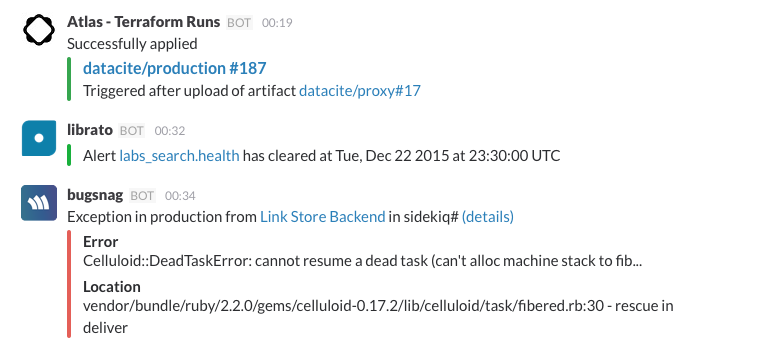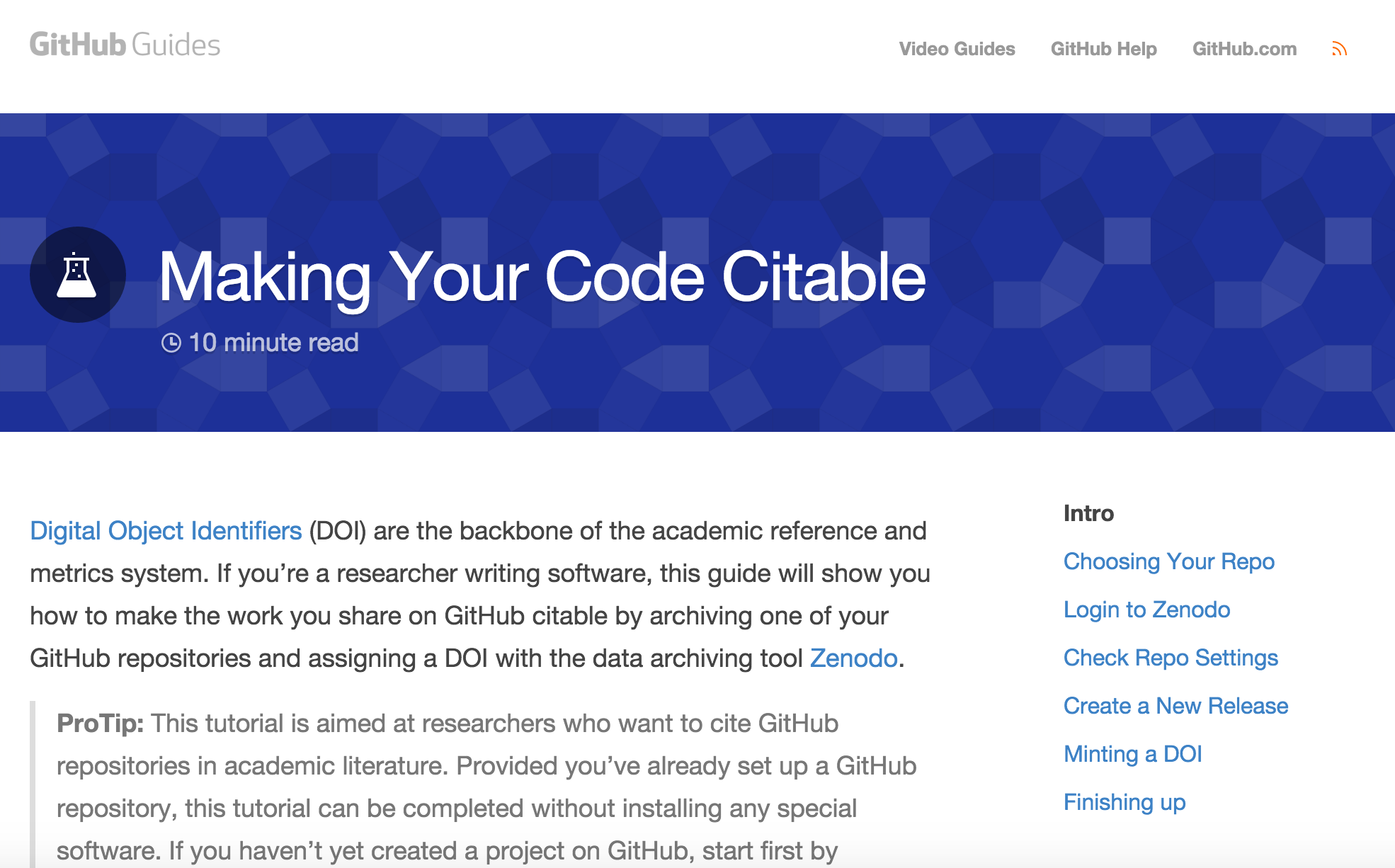
As a provider of crucial scholarly infrastructure, it is critical that DataCite not only provides a reliable service, but also properly communicates problems. The best way to do this is via a central status page, a best practice used by many organizations from Github and Diqus to Slack.









